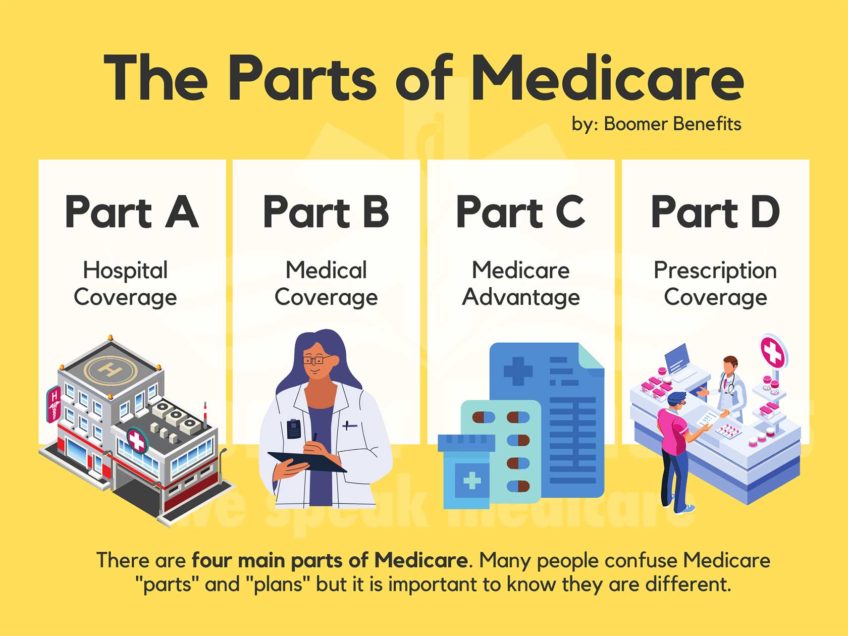The black infant mortality rate in Boston decreased 47 percent between 2008 and 2009, falling to its lowest level in 20 years, according to a new state report released on Friday.
Mayor Thomas M. Menino and Dr. Barbara Ferrer, executive director of the Boston Public Health Commission (BPHC), said the finding was an encouraging sign that progress was being made in the fight to reduce racial gaps in infant mortality rates in Boston.
“We are cautiously optimistic that all of the work we have done to eliminate racial disparities in birth outcomes is now beginning to bear fruit,” Menino said. “We must remain vigilant in our effort to assure that all women have healthy births and that their infants have a healthy start in life.”
The black infant mortality rate fell to 7.7 deaths per 1,000 live births in 2009, compared to 14.6 deaths in 2008. The Latino infant mortality rate remained steady at 8 deaths per 1,000 live births, while white infant mortality edged up to 5 deaths in 2009 from 3.4 in 2008.
The infant mortality rate for Boston overall was 6.5 deaths per 1,000 live births in 2009, down from 7.2 in 2008. The highest black infant mortality rate on record was 19 deaths per 1,000 live births in 1992, a year when the white infant mortality rate was 5.9 deaths.
The state report, titled the 2009 Birth Report, also found that Boston made strides in reducing teenage births, dropping to 10 births per 1,000 teens in 2009 from 12.3 births per 1,000 teens in 2008. Since 1996, the teen birth rate for 13-to-17 year olds has declined by 56 percent.
“Taken together, the declining teen birth rate and the decrease in the black infant mortality rate, is a trend line we’d hope would happen,” Dr. Ferrer said. “[We] have had a laser-like focus on moving the needle in this direction, but we are not yet sure whether this is a trend or a random occurrence.”
Two years ago, BPHC restructured its child maternal health programs to improve services for pregnant women and to account for the impact of stress on infant mortality and low-birth weight rates.
The BPHC’s programs include the Boston Healthy Start Initiative, which offers case management services at 13 sites in high-risk Boston communities, and Healthy Baby/Healthy Child (HB/HC), which provides home visits staffed by nurses, social workers, and public health advocates.
“We have learned, like colleagues in public health across the country, that the prevailing wisdom about the causes of adverse birth outcomes doesn’t adequately explain differences between blacks and whites,” said Deborah Allen, director of the Child Adolescent and Family Health bureau at the BPHC. “Increasingly, the answer that emerges is stress: Research findings suggest that the experiences of black women, experiences of discrimination, of poverty, of disenfranchisement, affect the stress levels of black women and as a result, the health status of black babies.”
The new strategies Allen’s bureau has adopted include outreach to women prior to pregnancy, before a first pregnancy, and between pregnancies to help them embark on childbearing in the best possible health; providing housing support to women to reduce the stress of their living situation; offering social services support to fathers of women participating in HB/HC; and programming to educate teens about the factors associated with having a healthy birth.
Boston Public Health Commission






